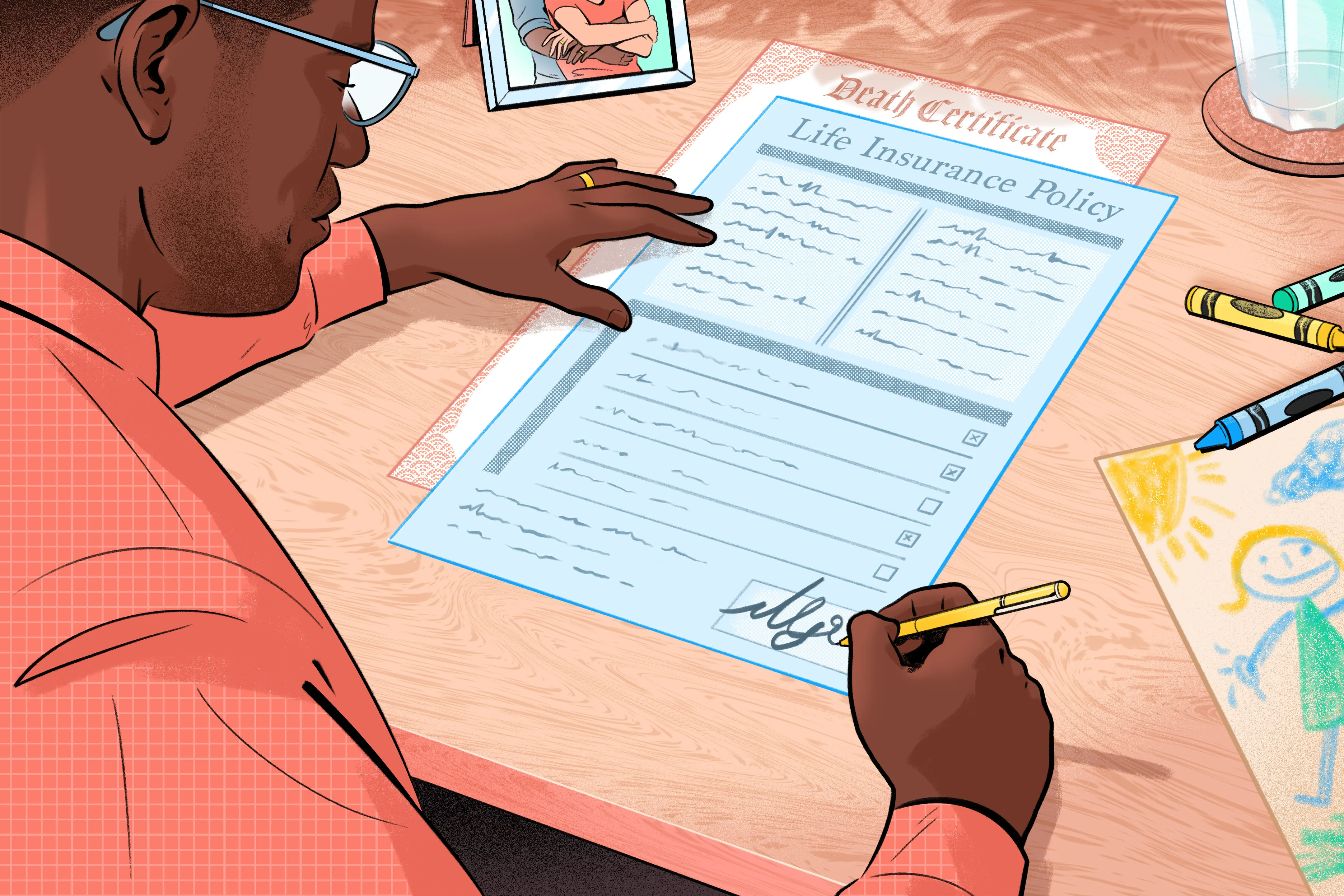
Death benefits are one of the main reasons to purchase life insurance in the first place, but there are some things about them that you might not know. In this article, we’ll take a look at some of the most surprising aspects of death benefits and how they work so you can make sure you have enough insurance coverage to satisfy your family’s needs after you pass away. From tax implications to understanding your beneficiary, here are five things you didn’t know about death benefits from life insurance.
1) Do You Need to Buy Life Insurance?

Many people ask themselves whether they need to buy life insurance. The answer is usually based on your stage of life, health, and whether you have dependents. If you’re young and healthy with no dependents, you likely don’t need a policy. However, as you age and take on more responsibilities, like a mortgage or a family, you’ll want to consider buying a life insurance policy. Here are 5 things that most people don’t know about life insurance:
While you may not need a life insurance policy if you’re young and healthy, it’s worth thinking about. In fact, some financial advisors recommend buying a term life insurance policy while you’re in your 20s or 30s, since you can typically get policies with inexpensive premiums. For example, a 25-year-old male who has a full coverage policy might pay just $20 per month for around $250,000 of coverage. The cost goes up with age and is more expensive for women than men; however, even in their 50s or 60s people are usually able to find affordable options for less than $100 per month.
2) What Is a Cash Value?
![Why Cash Value Life Insurance is Bad [and 4 Reasons it's GREAT!]](https://lifeinsuranceblog.net/wp-content/uploads/2019/02/cash-value-life-insurance.jpg)
A cash value is the money in your account that you can use while you’re still alive. The money in the cash value account grows tax-deferred, which means you don’t have to pay income tax on it until you withdraw the money. Withdrawals from a cash value account are subject to income tax. You can use the cash value to buy an annuity, which is an insurance product that pays out a fixed amount of money each year for a certain number of years.
A death benefit is money that your life insurance policy pays out to your beneficiaries when you die. This money, which may be a lump sum or an annuity, helps cover final expenses such as funeral costs and debt payments. The amount of death benefit varies by policy and insurer; it’s typically determined by how much coverage you buy, along with your age and health. The cash value in your account is used to pay for any unpaid premiums or debts associated with your policy. Any remaining funds go to your beneficiaries through a special kind of life insurance called term-certain or whole life with cash value. Under these plans, any additional growth in the cash value stays tax-deferred until withdrawals are made.
3) How Much Money Would My Family Get After I Die?

This is probably the most common question people have about death benefits, and understandably so. No one likes to think about their own death, let alone plan for it. But if you have life insurance, it’s important to know how much your loved ones would receive in the event of your death. Here are a few things to keep in mind -Typically, death benefits are only payable to beneficiaries after the insured person has died.
-The policy owner can name a beneficiary or multiple beneficiaries who will be entitled to any money paid out by the insurer when they die.
-Death benefits can take many forms depending on what type of policy you purchase. Some policies provide lump sum payments while others offer monthly income for a set period of time or until children reach an age determined by the policy owner at which point they no longer qualify as beneficiaries.
4) The Different Types of Death Benefits

Most people think of life insurance as a death benefit, but there are actually two different types: term and whole life. Term life is the most common type of life insurance, and it pays out a death benefit only if you die during the term of the policy. Whole life insurance, on the other hand, pays out a death benefit no matter when you die. For this reason, some people consider whole life to be more akin to an investment vehicle than pure insurance. The risk with whole life is that your premiums may rise or fall in value depending on the performance of certain investments included in your policy, meaning that you could end up paying more or less than anticipated for coverage.
Both term and whole life insurance policies offer some types of death benefits. With whole life insurance, your beneficiaries will receive a cash payout that you can use to pay off debt or invest if you don’t want them to spend it all at once. Term life, on the other hand, only pays out when you die during your policy period. For example, if you have a 20-year term policy that has 10 years left before it expires, your beneficiaries will only receive coverage for 10 years because they won’t be able to collect any of what remains after that point. Once your term policy runs out, so does its coverage.
5) Can Your Family Use This Money Right Away?

When you die, your life insurance policy pays out a death benefit to your beneficiaries. This money can be used for anything, including funeral expenses, living expenses, or paying off debts. But what many people don’t know is that the death benefit from a life insurance policy is often taxed. That means your beneficiaries may not be able to use all of the money right away. They will have to wait until they file their taxes at the end of the year and pay any taxes owed before they can spend it. They may also need to consult with an accountant on how best to use this money so that they don’t run into any problems down the line.
When you purchase a life insurance policy, you pay an up-front premium that goes towards paying out your death benefit. If you die while your policy is in force, it will cover all or part of your outstanding debts and help to protect your loved ones financially. The amount of money that comes out of your policy depends on several factors, including how much coverage you purchased and when you purchased it. In most cases, however, life insurance policies are designed so that they’re paid out to beneficiaries gradually over time—and there are income taxes due on part of each payment until beneficiaries receive their full amount.